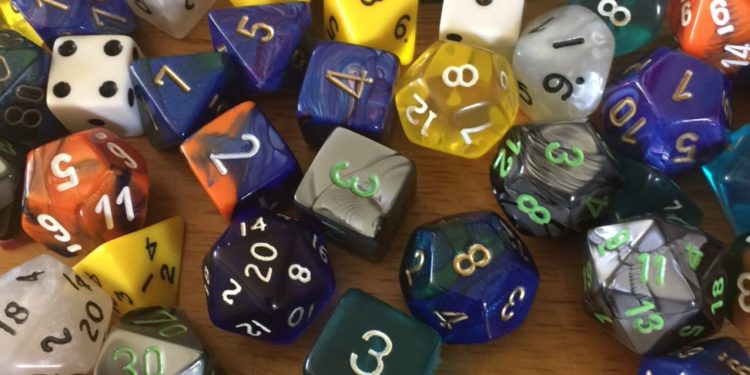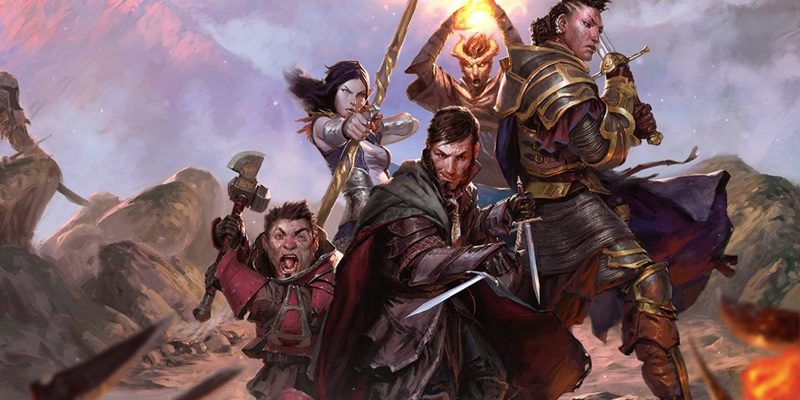Ketchup on sourcing the table -Cooperative Gaming

One way to make games spontaneous and thriving is to draw upon ideas of the whole group.
Examples are provided below to inspire a more cooperative style in your games. Sourcing the table does not have to be done constantly, but even one encounter or feature per session will make your games more dynamic and longer lasting.
If a player gets stuck on one of the questions below, perhaps someone else can answer that one and you ask the first player a different question.
Remember the answers to the question do not have to be explored in game straight away; they may be delved into by any of the players later.
This more collaborate style can be useful in all systems, genres and settings.
Session Zero question –
- PC 1-What ongoing threat will evolve in this campaign?
- PC 2-Tell me about a faction that gets more involved over time?
- PC 3-What is one of the themes in this campaign? e.g. oppression, murder, planar travel?
- PC 4-What place will you come back to? (or will its destruction be a crisis point)
– If people use the same ideas as last time then ask them to try again, you can refer to differences between similar TV series of the same genre.
– For example, PC1 could say magic leaving the world, then PC 3 says campaign theme of planar travel. So maybe some creature or faction are draining magic from the world and you have to travel to several planes to stop them.
Player question – There is a tavern/nightclub
- PC 1-Name the tavern,
- PC 2-What secret is in the cellar?
- PC 3-Who here is not what they seem?
- PC 4-Why is all their pictures of lavender everywhere?
– Now this does not need to be done for every tavern, but every 2nd or 3rd tavern should ensure a variety of locations in the world their characters inhabit.
Character question – There is an NPC
- PC 1-Why does your sister like this NPC?
- PC 2-what happened last time you met?
- PC 3-Why is this person important to your guild/faith?
- PC 4-what enemy has this NPC encountered?
– Remember this is not about getting free items or avoiding difficult interactions, this is about encouraging interaction.
– For example, PC 2 could say they fought after a gambling game, and PC 4 says a crime guild who runs the gambling den wants cash or a quest performed by both of them, in return for causing a ruckus in their establishment.
Team question – Forging the party (both parties need to agree to these)
- PC 1-Who shares (or will share) a goal or quest with you & why?
- PC 2-Who have you introduced to your family & why?
- PC 3-Who is going to go through changes (outlook, physical, financial) during this campaign?
- PC 4-Who had a shared dream with you and what was it about?
– This is a great way to tie in mentors, background and skill choices. E.g-why do you have stealth and who did you learn it from?
Game Changer questions – Something totally unexpected or bad happened and the plot is forever changed –
- Hey players, throw some ideas at me to keep what happened but help us get back on track.
– Everyone is affected when a campaign stalls or dies, getting everyone to help put it back on track is better than just expecting the GM to fix it.
– For example, PC 2 might say sorry my character stabbed the king, hmm maybe he was forced too because his character was mind controlled by the king’s enemy?. Then PC 4 might say yes this enemy is attached to the group we fought 3 sessions ago.
Benefits –
- Automatic investment from the players since it’s their own ideas.
- Player spotlight time, they are contributing to the story.
- Player teamwork time, belonging and creating together.
- Less GM initial preparation work.
- Variety of ideas and inspiration since wellspring is multiple sources.
The GM has to roll with the answers (tempering them with the style & tone already established) and incorporate them into the game.
Example – If the player creates a guild then you need to incorporate social, exploration or combat events involving that guild into the game.
Example – If the players decide they are friends of each other’s family, then throw in a wedding between their siblings, change of family wealth status event or maybe a family member gets Taken.



